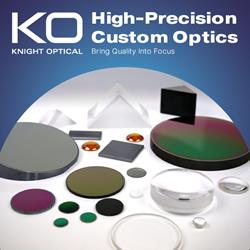Robot Race: The World's Top 10 automated countries - International Federation of Robotics reports
The world´s top 10 most automated countries are: Singapore (1), South Korea (2), Japan (3), Germany (4), Sweden (5), Denmark (6), Hong Kong (7), Chinese Taipei (8), USA (9) and Belgium/Luxemburg (10). This is according to the latest World Robotics statistics, issued by the International Federation of Robotics (IFR).
The average robot density in the manufacturing industry hit a new global record of 113 units per 10,000 employees. By regions, Western Europe (225 units) and the Nordic European countries (204 units) have the most automated production, followed by North America (153 units) and South East Asia (119 units).
The world's top 10 most automated countries are: Singapore (1), South Korea (2), Japan (3), Germany (4), Sweden (5), Denmark (6), Hong Kong (7), Chinese Taipei (8), USA (9) and Belgium/Luxemburg (10). This is according to the latest World Robotics statistics, issued by the International Federation of Robotics (IFR).
"Robot density is the number of operational industrial robots relative to the number of workers," says Milton Guerry, President of the International Federation of Robotics. "This level measurement allows comparisons of countries with different economic sizes in the dynamic automation race over time."
The country with the highest robot density by far remains Singapore with 918 units per 10,000 employees in 2019. Primary customer is the electronics industry (75%).
South Korea comes second with 868 units per 10,000 employees in 2019. Korea is a market leader in LCD and memory chip manufacturing with companies such as Samsung and LG on top.
Japan (364 robots per 10,000 employees) and Germany (346 units), rank third and fourth respectively. Japan is the world's predominant robot manufacturing country - where even robots assemble robots: 47% of the global robot production are made in Nippon.
Germany is by far the largest robot market in Europe with 38% of Europe's industrial robots operating in factories here. Employment in the automotive sector rose continuously from 720,000 people in 2010 to almost 850,000 people in 2019.
Sweden remains in 5th position with 274 units operating - the metal industry and automotive industry have a share of 35% each.
Robot density in the United States increased to 228 robots - the country ranks 9th. In 2019, the US car market was again the second largest car market in the world, following China.
China's robot density in the manufacturing industry ranks 15th worldwide. Next to car production, China is also a major producer of electronic devices, batteries, semiconductors, and microchips.
Featured Product

